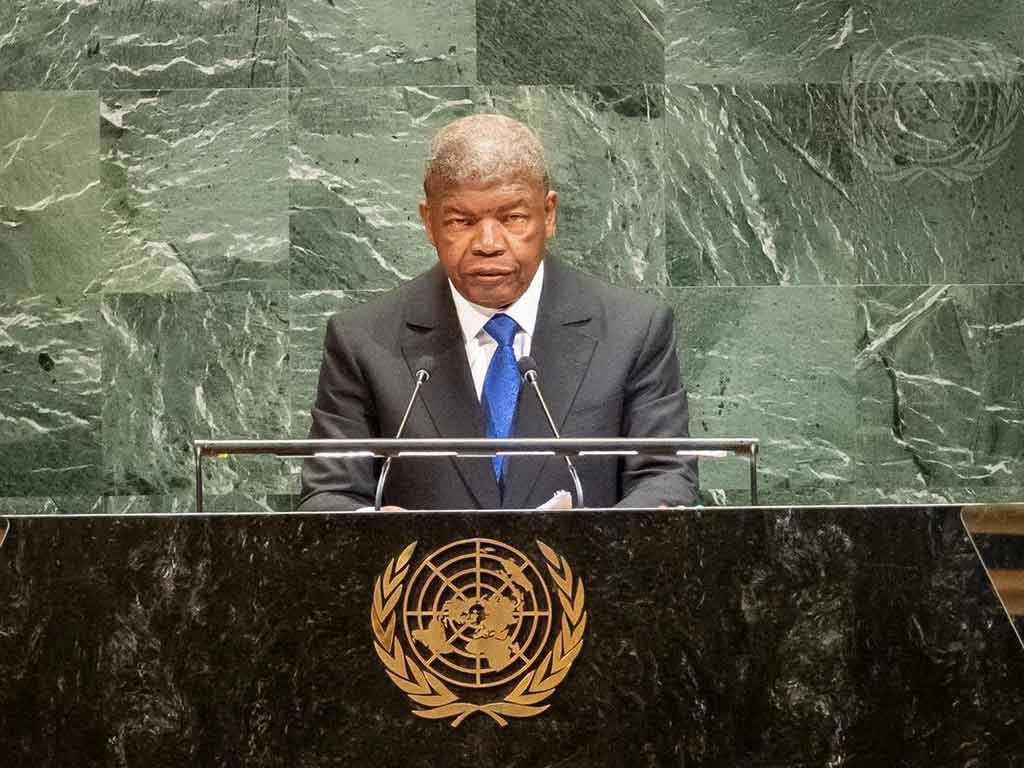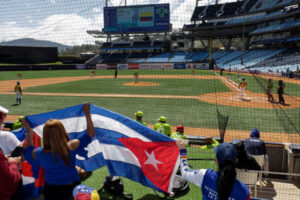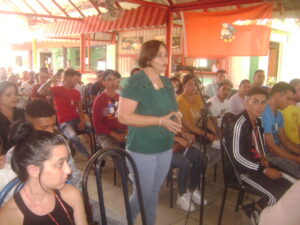Angola’s President, João Lourenço, demanded the unconditional lifting of the United States’ economic, commercial and financial blockade against Cuba, while addressing the 80th United Nations General Assembly, which continues today.
The head of state described this policy as unjust and prolonged, “which has had grave consequences for the Cuban economy and people, who struggle daily to resist a punishment rejected by the international community,” he added.
Lourenço stated that the Caribbean nation cannot be arbitrarily and unilaterally considered a State sponsor of terrorism, and recalled the important role it played in the struggle of the African peoples that led to the fall of the racist and inhumane apartheid regime in South Africa.
Similarly, he remembered that it was a signatory of the New York Peace Accord of 22 December 1988, which brought freedom to the South African people and led to the independence of Namibia.
He pointed out that the same model of action applied to the island, which is “incompatible with minimally acceptable global coexistence standards,” is linked to the origin of the unilateral sanctions also imposed on Zimbabwe and Venezuela.
He emphasised that these coercive measures produce no result other than the suffering of the populations, who, in an act of great patriotism, end up uniting in defence of their nations.
In his speech, the Angolan president criticised the silence, hesitations and timid reactions of the international community regarding the genocide being committed against the Palestinian people, and maintained that this stance seems to legitimise the expansion of the war to neighbouring countries and erodes the UN’s authority.
“Nothing is worse than the exclusion of the Palestinian delegation from this forum, where it had the right to make its voice heard as a Member State by virtue of the Headquarters Agreement,” he emphasised.
He further underlined that the failure to guarantee the presence of the President of the Palestinian Authority at the General Assembly sends a very negative signal and encourages the continuation of the genocide, “of which we are all powerless and unpunished witnesses,” as well as delaying the resolution of the problem.




